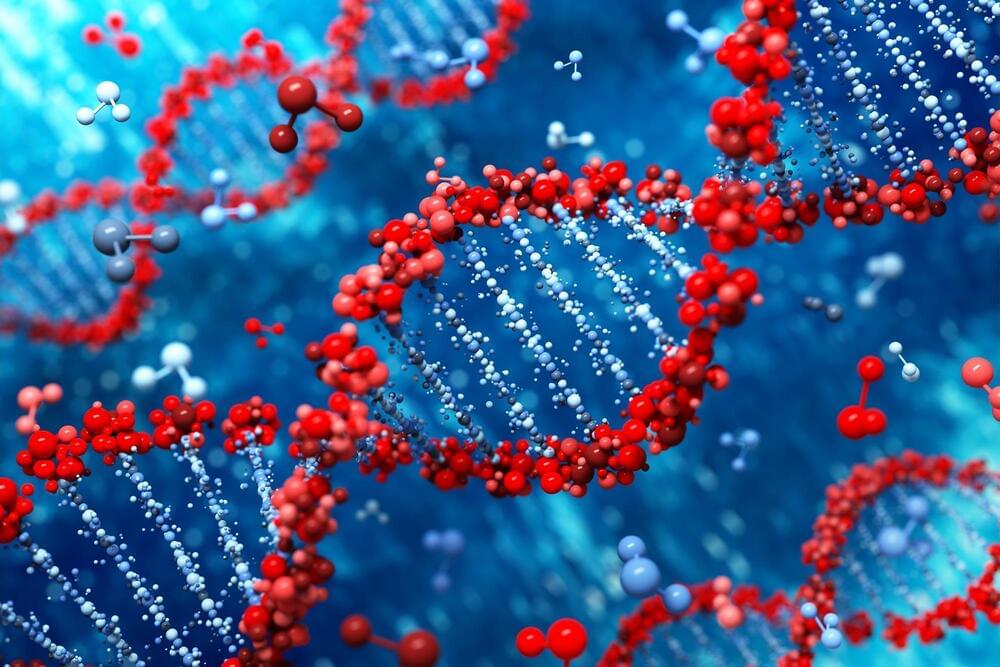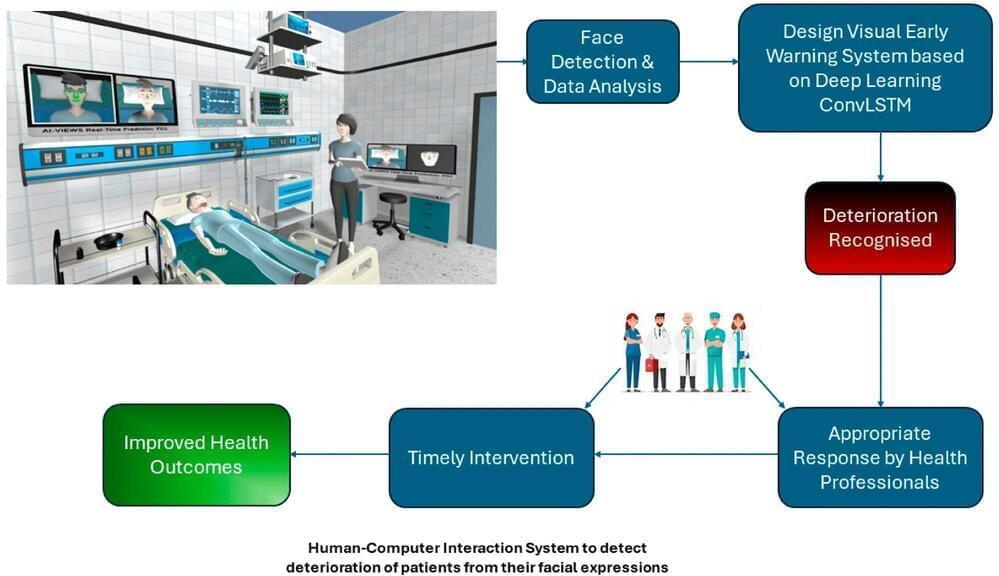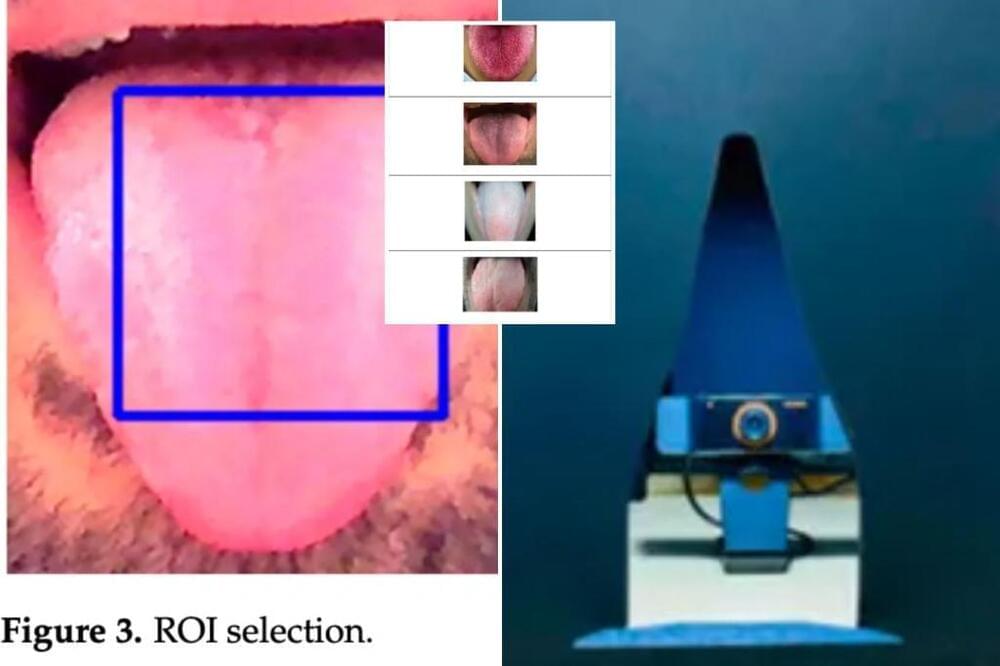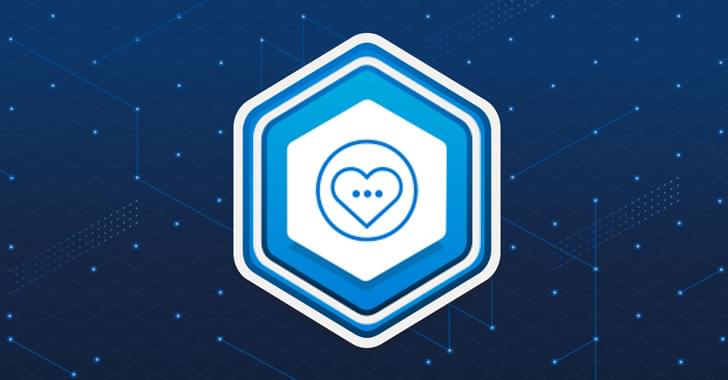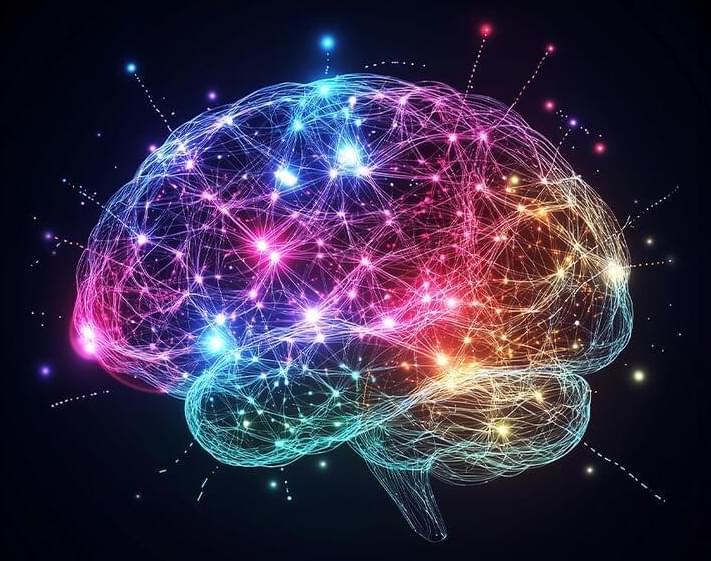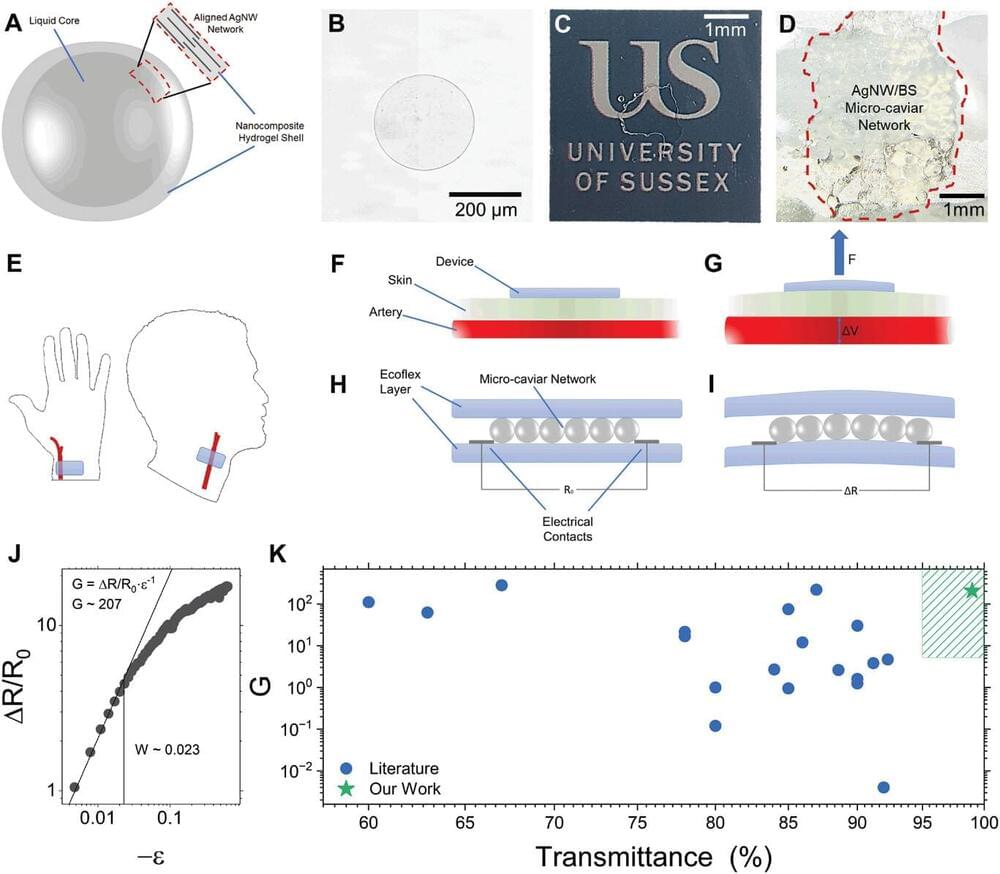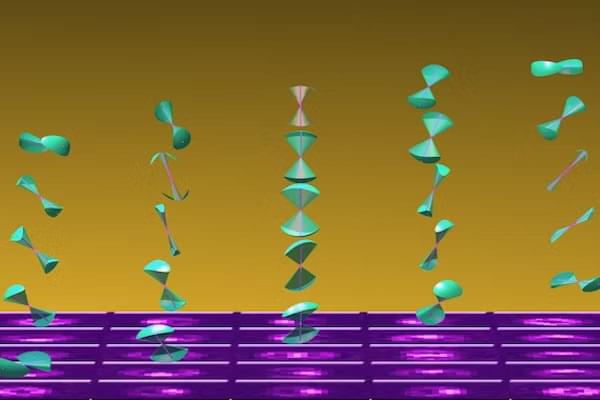DNA, or deoxyribonucleic acid, is the molecular system responsible for carrying genetic information in living organisms, utilizing its two helical strands to transcribe and amplify this information. Scientists are highly interested in developing artificial molecular systems that can match or even exceed the functionality of DNA. Double-helical foldamers represent one such promising molecular system.
Helical foldamers are a class of artificial molecules that fold into well-defined helical structures like helices found in proteins and nucleic acids. They have garnered considerable attention as stimuli-responsive switchable molecules, tuneable chiral materials, and cooperative supramolecular systems due to their chiral and conformational switching properties.
Double-helical foldamers exhibit not only even stronger chiral properties but also unique properties, such as the transcription of chiral information from one chiral strand to another without chiral properties, enabling potential applications in higher-order structural control related to replication, like nucleic acids. However, the artificial control of the chiral switching properties of such artificial molecules remains challenging due to the difficulty in balancing the dynamic properties required for switching and stability. Although various helical molecules have been developed in the past, reversal of twist direction in double-helix molecules and supramolecules has rarely been reported.
